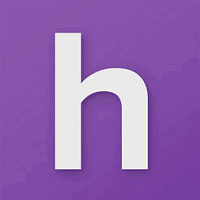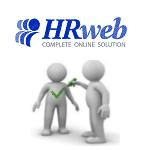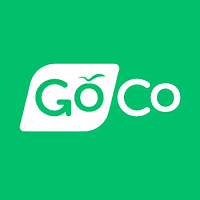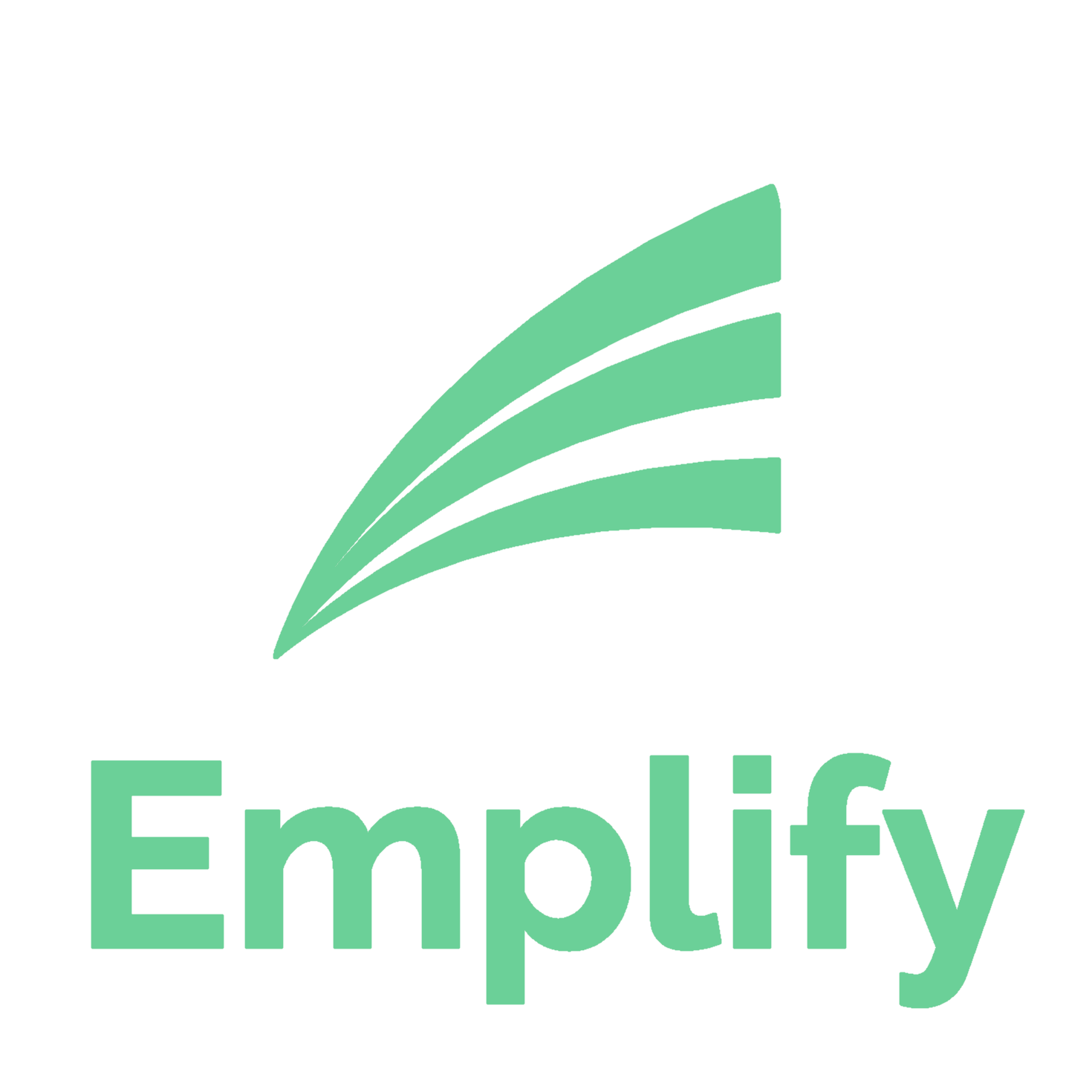Description
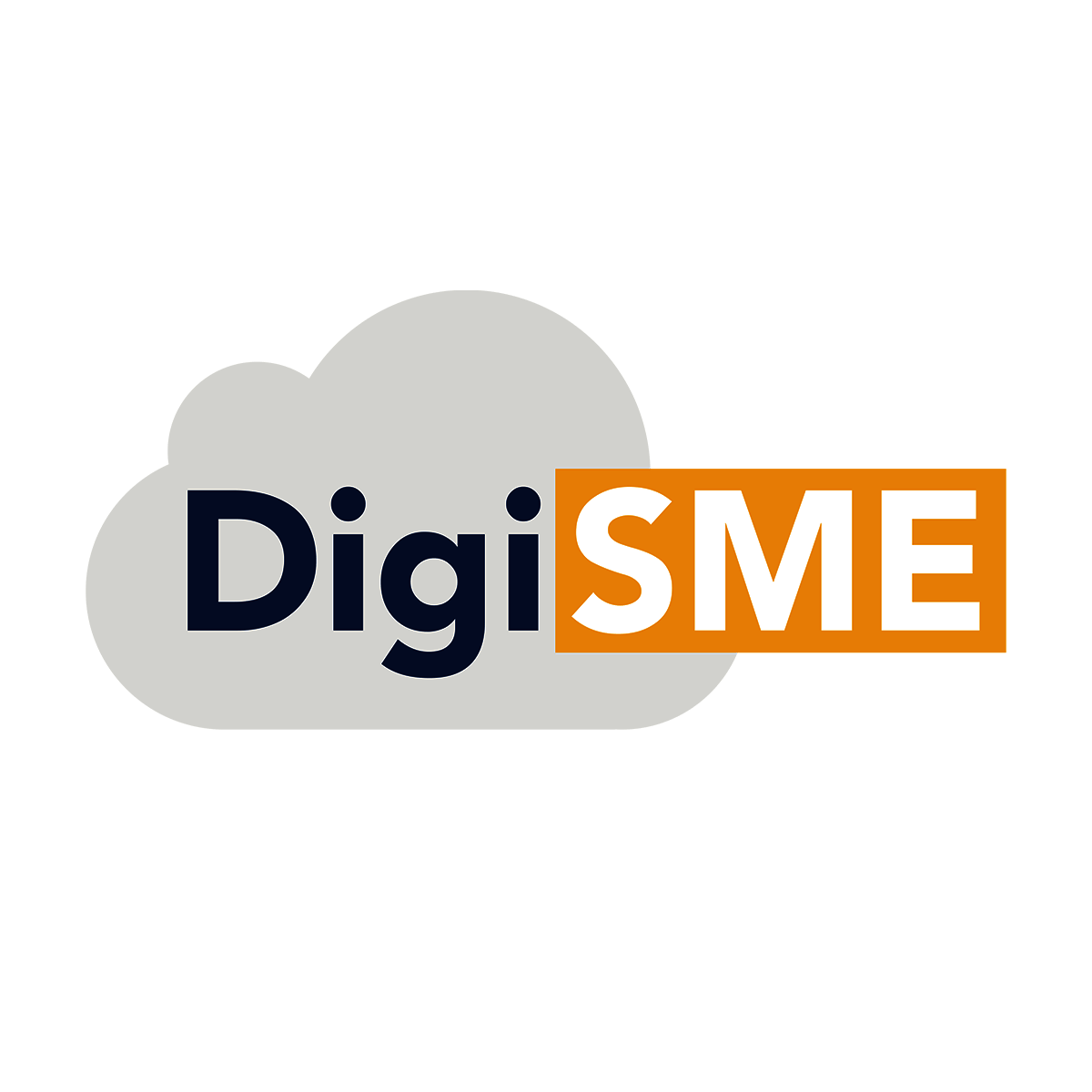
DigiSME HR
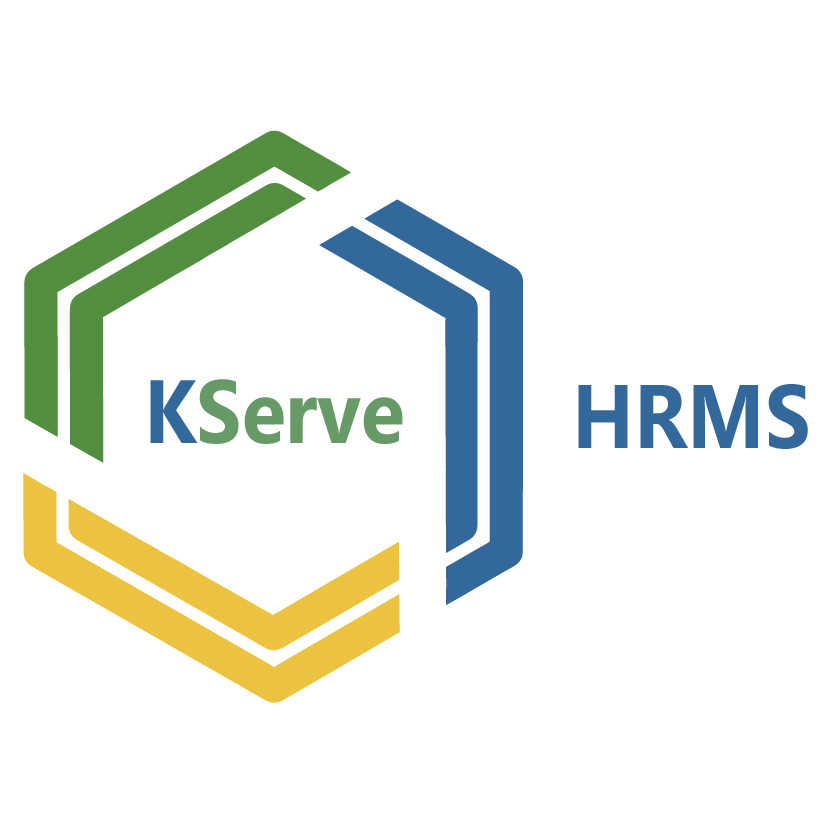
KServeHRMS
Comprehensive Overview: DigiSME HR vs KServeHRMS
To provide a comprehensive overview of DigiSME HR and KServeHRMS, we need to examine their primary functions, target markets, market share, user base, and key differentiating factors.
DigiSME HR
a) Primary Functions and Target Markets
DigiSME HR is a cloud-based human resource management solution designed specifically for small and medium-sized enterprises (SMEs). Its primary functions include:
- Employee Management: Streamlines the management of employee records and data.
- Attendance and Leave Management: Automates the process of tracking attendance and managing leave requests.
- Payroll Processing: Facilitates the calculation and distribution of employee salaries, deductions, and statutory compliances.
- Performance Management: Helps in setting goals, evaluating employee performance, and generating reports.
The target market for DigiSME HR is primarily small and medium enterprises across various industries looking for cost-effective and efficient HR solutions that can be quickly deployed and adapted to the needs of smaller organizations.
b) Market Share and User Base
DigiSME HR caters to SMEs, so its overall market share might be smaller compared to products that target both SMEs and large enterprises. Despite this, it serves a niche segment with growing demand for digital HR solutions. The user base is mostly concentrated in developing regions and sectors where SMEs are prevalent and are looking for affordable HR software solutions.
c) Key Differentiating Factors
- Cost-Effectiveness: Designed to be affordable for SMEs with limited budgets.
- Ease of Use: Focuses on user-friendly interfaces that do not require extensive training.
- Rapid Deployment: Can be quickly set up, reducing downtime and improving speed to operation.
KServeHRMS
a) Primary Functions and Target Markets
KServeHRMS is a comprehensive HR management system that serves a broad spectrum of organizations, from SMEs to large enterprises. Its primary functions include:
- Core HR Functions: Recruitment, onboarding, and employee data management.
- Payroll and Compliance: Extensive features for handling payroll and ensuring compliance with local employment laws.
- Performance and Talent Management: Provides tools for performance appraisals and managing talent development.
- Employee Self-Service Portal: Empowers employees with access to their personal records and relevant HR services.
- Analytics and Reporting: Advanced analytics to provide insights into HR operations and workforce management.
The target markets for KServeHRMS include both SMEs that require scalable solutions and larger organizations that need comprehensive features for diverse HR needs.
b) Market Share and User Base
KServeHRMS has a broader market share due to its ability to serve both SMEs and large organizations. It holds a significant user base in regions and sectors where there is a demand for scalable and versatile HR solutions that can grow with the company.
c) Key Differentiating Factors
- Scalability: Ability to cater to the needs of both small businesses and large enterprises, with scalable features that can grow as organizations expand.
- Robust Features: Offers a wide array of features including advanced analytics, making it suitable for complex HR needs.
- Customization capabilities: Offers customization to adapt to specific organizational needs, ensuring flexibility.
Comparative Analysis
- Target Market Focus: DigiSME HR focuses primarily on cost-sensitive SMEs, while KServeHRMS serves both SMEs and larger enterprises, offering scalable solutions.
- Feature Set: KServeHRMS typically offers a broader and more robust set of features, including advanced analytics and customizations, compared to the more streamlined functions of DigiSME HR.
- Market Reach and Adaptability: KServeHRMS might have a larger market reach due to its ability to cater to diverse organizational sizes, whereas DigiSME HR may be limited to smaller enterprises.
Both products cater to the digital transformation of HR processes but differ in scale, feature richness, and target market focus, allowing them to serve different segments effectively.
Contact Info

Year founded :
Not Available
Not Available
Not Available
Not Available
Not Available

Year founded :
2003
+91 44 4261 5064
Not Available
India
http://www.linkedin.com/company/kservehrms
Feature Similarity Breakdown: DigiSME HR, KServeHRMS
When comparing DigiSME HR and KServeHRMS, it's important to examine their core features, user interfaces, and any unique characteristics that distinguish them. Here is a breakdown based on typical offerings from HR software solutions, as specifics for these products are not detailed in my training data:
a) Core Features in Common
-
Employee Record Management:
- Both systems likely offer capabilities to store and manage employee data, including personal details, job information, and documents.
-
Payroll Management:
- Payroll processing and management are standard features, allowing automatic calculation of salaries, taxes, and deductions.
-
Leave and Attendance Management:
- Common offerings would include features for tracking employee attendance, managing leave requests, and integrating attendance data with payroll.
-
Recruitment and Onboarding:
- Both systems may support recruitment processes, including job posting, applicant tracking, and onboarding workflows.
-
Performance Management:
- Tools for setting goals, conducting appraisals, and tracking employee performance are typically included.
-
Compliance and Reporting:
- Standard functionality often involves generating reports for compliance, analyzing HR metrics, and offering dashboards for insights.
b) User Interface Comparison
-
DigiSME HR:
- Typically designed for small and medium-sized enterprises, DigiSME HR might focus on simplicity and ease of use, with a streamlined interface that minimizes the learning curve for users.
-
KServeHRMS:
- Known for its scalability, KServeHRMS may provide a more comprehensive interface, with customizable dashboards and modules. It could cater to both small and larger organizations with more complex needs.
Differences in UI could include the depth of customization, the complexity of navigation, and the availability of mobile apps.
c) Unique Features
-
DigiSME HR:
- Focus on SMEs: Might offer features specifically designed for small businesses, such as simplified payroll processes and cost-effective pricing modules.
- Integration Capabilities: Could focus on integrating with other tools and platforms frequently used by small businesses.
-
KServeHRMS:
- Extensive Customization: May offer more robust customization options for medium to large enterprises, including bespoke workflows and integrations with existing enterprise systems.
- Scalable Modules: Likely provides a wider range of modules that can be activated as a business grows, such as advanced analytics or specific compliance tools.
In summary, while both DigiSME HR and KServeHRMS share core HR functionalities, their differentiation often lies in the range and complexity of features, user interface design, and target market focus. KServeHRMS may cater more to scaling enterprises with comprehensive needs, while DigiSME HR might focus on user-friendliness and cost-effectiveness for smaller businesses.
Features

Not Available

Not Available
Best Fit Use Cases: DigiSME HR, KServeHRMS
When evaluating HR management software like DigiSME HR and KServeHRMS, it's essential to consider the types of businesses or projects they are best suited for, as well as how they address different industry needs and company sizes.
DigiSME HR
a) For what types of businesses or projects is DigiSME HR the best choice?
DigiSME HR is designed with small to medium enterprises in mind, focusing on the unique needs of these businesses. It is particularly well-suited for:
- Small and Medium Enterprises (SMEs): These businesses often require an HR solution that is cost-effective, easy to implement, and scalable as they grow.
- Startups: Early-stage companies with limited resources benefit from DigiSME HR's user-friendly interface and essential HR functionalities without overwhelming complexity.
- Organizations in Rapid Growth Phases: Companies expanding quickly need adaptable and streamlined HR processes that can support structural and personnel changes without major disruptions.
- Budget-Conscious Organizations: DigiSME HR offers essential HR features without the high costs associated with complex enterprise-level solutions.
Industry Focus:
- Tech Startups: Emphasis on scalability matches the fast-paced growth typical in the tech industry.
- Retail and Services: These industries benefit from straightforward employee management and scheduling features.
- Manufacturing: Offers basic compliance and workforce management necessary for operations.
KServeHRMS
b) In what scenarios would KServeHRMS be the preferred option?
KServeHRMS is designed for more comprehensive HR management in medium to large enterprises, offering a more robust set of features suitable for:
- Medium to Large Enterprises: Organizations with more complex HR needs and larger workforces benefit from KServeHRMS's extensive functionalities.
- Businesses with Diverse Operations: Companies operating across multiple regions or markets can effectively manage diverse employee needs and regulatory requirements.
- Industries with Complex Compliance Requirements: Industries such as finance, healthcare, or education, where compliance and detailed reporting are crucial, would find the advanced features beneficial.
- Organizations with Global Presence: Multi-national corporations needing multi-language and multi-currency support will benefit from KServeHRMS's global management capabilities.
Industry Focus:
- Healthcare: Detailed compliance tracking and employee management functionalities support rigorous industry standards.
- Finance and Banking: Offers advanced security and compliance features necessary in highly regulated industries.
- Education: Supports varied payroll structures and extensive reporting requirements typical in educational institutions.
Catered Differences for Industries and Company Sizes
-
DigiSME HR:
- Focuses on simplicity and cost-efficiency, making it an excellent choice for smaller businesses that need to manage HR processes without extensive customization.
- Offers basic industry-specific functionalities that cover the general needs of verticals like tech startups, retail, and small-scale manufacturing.
-
KServeHRMS:
- Provides advanced features capable of handling the complex HR needs of larger enterprises, making it suitable across a wide range of industries including healthcare, finance, and education.
- Highly customizable to adapt to specific industry requirements, offering deeper integration with other business systems.
Both solutions cater to distinct market needs, with DigiSME HR focusing on simplicity and cost-effectiveness for smaller businesses, while KServeHRMS offers comprehensive and customizable solutions for larger companies with intricate HR requirements.
Pricing

Pricing Not Available

Pricing Not Available
Metrics History
Metrics History
Comparing undefined across companies
Conclusion & Final Verdict: DigiSME HR vs KServeHRMS
To provide a comprehensive conclusion and final verdict on DigiSME HR and KServeHRMS, we need to consider various factors, including features, pricing, scalability, user experience, customer support, and integration capabilities.
a) Best Overall Value:
Verdict: Overall, the best value product depends heavily on the specific needs of an organization.
- DigiSME HR might offer better value for small to medium-sized enterprises looking for a cost-effective, easy-to-implement solution with strong user support.
- KServeHRMS could be more appealing for organizations that need robust integration with existing systems and advanced features, potentially providing a greater return on investment in a larger or more complex organizational structure.
b) Pros and Cons:
DigiSME HR:
Pros:
- Affordability: Typically offers competitive pricing suitable for smaller businesses.
- Ease of Use: User-friendly interface lends itself to quick adoption with minimal training.
- Customer Support: Often praised for good customer and technical support services.
- Customization: May provide flexible customization options to fit specific organizational needs.
Cons:
- Scalability: May not scale as effectively for very large organizations with complex HR needs.
- Advanced Features: Could lack some advanced HR functionalities compared to more comprehensive systems.
- Integration Limitations: Potentially limited integration options with other enterprise systems.
KServeHRMS:
Pros:
- Comprehensive Features: Offers a suite of advanced HR functionalities.
- Integration Capabilities: Strong integration with various enterprise tools and systems.
- Scalability: Better suited for larger organizations with complex operational requirements.
- Automation: Provides robust automation features for streamlining processes.
Cons:
- Cost: Typically more expensive, which may not be ideal for smaller businesses.
- Complexity: The more extensive features could lead to a steeper learning curve.
- Customization Constraints: May offer less flexibility in customization depending on the implementation scope.
c) Recommendations for Users:
-
Assess Organizational Needs: Outline the specific HR requirements and processes your organization needs to address. Smaller companies with simpler needs might find DigiSME HR sufficient and cost-effective, while larger enterprises might benefit from the robust features of KServeHRMS.
-
Budget Consideration: Evaluate your budget. If cost-saving is a priority and the needs are straightforward, go for DigiSME HR. If the budget allows, and the solution needs to support complex operations, consider KServeHRMS.
-
Scalability and Future Growth: If your organization plans to scale operations significantly, consider how each system supports growth and additional functionalities.
-
Integration Needs: If integration with existing enterprise systems is crucial, KServeHRMS might be the better choice given its strong integration capabilities.
-
Trial and Feedback: Engage in trial versions of both solutions if available, and gather feedback from end-users and IT departments. Their insights on usability and functionality can be invaluable.
-
Customer Support and Training: Ensure that the vendor offers sufficient training resources and support, regardless of the option you choose.
By carefully assessing these factors, organizations can make a more informed decision that aligns with their operational goals and growth strategies.
Add to compare
Add similar companies
